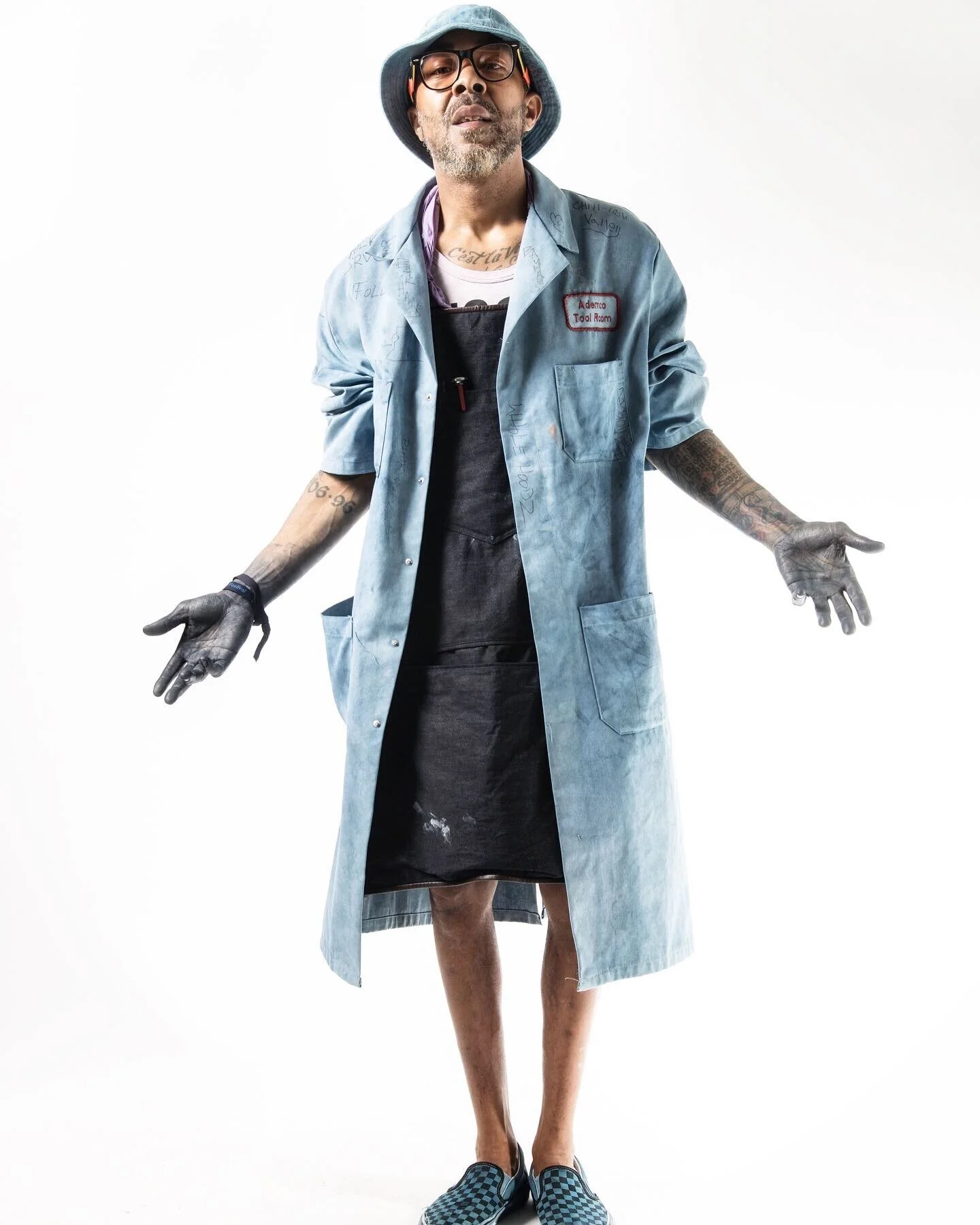Jonathan Weaver & Sani Alibabic working on the project, summer 2020.
Theo Broma, Plant Based Activist
“What do you want to be when you grow up?”
When we’re young people ask us this on repeat
The way teachers, parents and careers advisors ask these questions you’d think there is a simple route to navigate the world. I suppose there is an ordinary route. Go to school, study hard, go to the best university you can, get in debt, get a job, work to pay off that debt and then make your way in the world. However, that route is just that – ordinary. I mean who wants to be ordinary?
I’ve long been intrigued by the paths that many successful people have taken in their careers and lives, and how many are somewhat unconventional. Whether that’s creators, writers and explorers, or plant based Olympians, Oscar winning film makers and Michelin Star accredited chefs, “making it” means something completely different to each of us.
This fascination started out with a blog post, which became a LinkedIn post, which then pushed me to have conversations, catch up with friends and friends of friends to ask questions through the 2020 Coronavirus lockdown and uncover the stories behind their journey.
What I discovered was the very real journey we’re all on. That the narrative we’re fed about needing life mapped out is so harmful to our own creativity and passion that we likely suppress so much of our own potential along the way. Most of us are still figuring it out anyways. There isn’t really a blueprint for any of this.
In the midst of the conversations I quickly realised that there were so many overlapping themes that needed to be pulled together as guideposts for anyone reading this book. These chapters are nothing to do with what to study or where to work. They are how things work, why we need to set goals, look for our passion, understand money, be nice to each other and the need to look after ourselves, stop worrying what other people are doing, focus on what makes us happy and go after that.
Thank you for reading. Chances are if you picked up this book, you are preparing to be anything but ordinary.
Welcome to “The Anti Blueprint Project”

